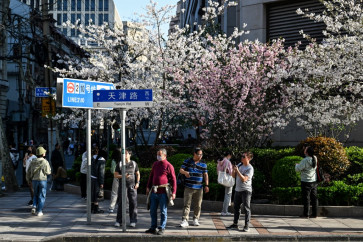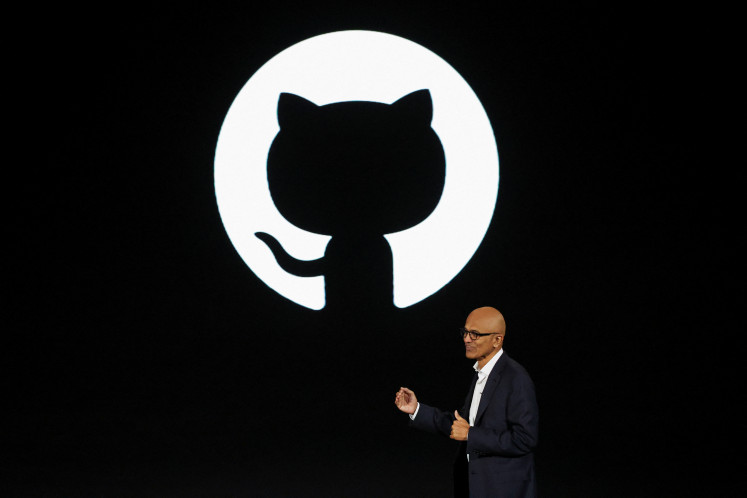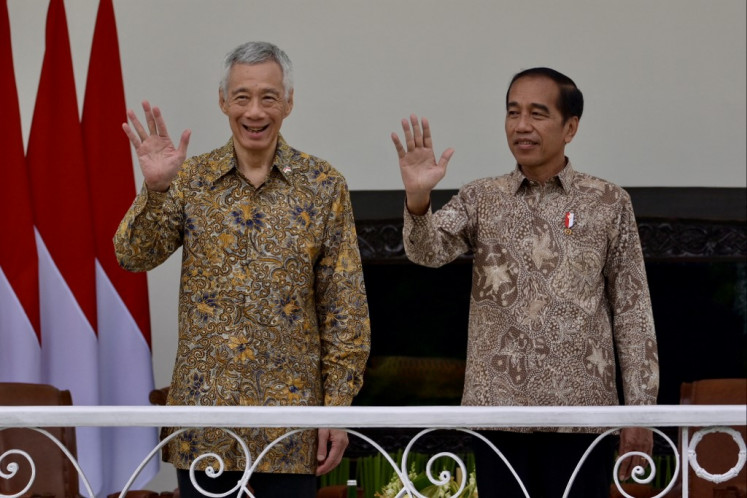Education is a global issue
There is an exclusive set of issues that are regarded as “global”
Change Size

T
here is an exclusive set of issues that are regarded as “global”. War, humanitarian disasters, international development and economics are issues where people think, act and care beyond the
borders of their own state.
In a few weeks’ time, at the Qatar National Conference Center in Doha, innovators from a wide variety of sectors around the world will come together to add another issue to this exclusive set: education.
Education — not as a bolt-on to international development programs, women’s rights campaigns
or national strategies — but in its own right.
The World Innovation Summit for Education, or WISE, on Nov. 13-15, will bring together more than 1,000 thought-leaders, decision-makers and pioneering practitioners from more than 100 countries around the world to discuss issues that have no national boundary.
WISE was launched in 2009 on the initiative of Her Highness Sheikha Moza bint Nasser, Chairperson of Qatar Foundation, and is now the premier forum for discussion of innovation in education,
as well as a range of programs which are being implemented at several levels of education in many localities.
In every country, rich or poor, education is the passport to opportunity.
This year’s WISE Summit will tackle education for employment. How do we educate in a way that equips people adequately for the world of work?
How do educators work with businesses to address the mismatch between the skills and competence they need and what young people are being taught in school?
With the intensive efforts by the Indonesian government in promoting vocational schools (SMK), including through the Indonesia Vocational Education Strengthening Project (INVEST), what can Indonesia learn from Finland — where, in 2010, vocational education became a more popular choice for 16-year-olds than traditional academic subjects?
Financing education is also a subject due to be analyzed in one of the Summit’s debates, including the issue of whether public-private partnerships or school vouchers can deliver high-quality education when public investment is limited. One innovative program being showcased at the Summit is the Cristo Rey Network Corporate Work Study Program, a 2012 WISE Award winning project originating in Chicago, in the United States.
This program helps children from some of the most deprived neighborhoods, and mostly from ethnic minorities, in several US cities discover and develop their talents and self-confidence, with a large
number progressing to college.
The students spend five days per month working in an entry-level job in a local white-collar company and the money they earn goes directly towards their tuition fees.
The project is a completely sustainable revenue model which does not rely on traditional fundraising or government funding. It offers an affordable, high-quality alternative to private education, as well as the hope of a secure future and self-fulfillment for thousands of young people. Could a similar initiative in Indonesia help inspire a generation to seek alternative source of financing education?
The practice of learning and teaching will also be in the spotlight as the Summit examines education in the 21st century. How do we move from a passive classroom to a method of learning that reflects the modern world, and how do we adapt the teaching profession and the expertise required of educators to reflect this?
In Morocco the Al Jisr School-Business Partnerships initiative, which features in the latest WISE book, Learning a Living: Radical Innovation in Education for Work, introduces young people from disadvantaged areas to the concept of starting and running their own business with mentoring from local professionals.
This is a practical form of learning which encourages students to think of solutions themselves.
The initiative has spawned a host of companies run by high-school students, many of which have continued to grow and develop even after formal education has concluded. The question is whether a similar initiative in Indonesia helps inspire a generation to learn for themselves.
The writer is chairman of the World Innovation Summit for Education (WISE) and president of Hamad bin Khalifa University, Qatar.









